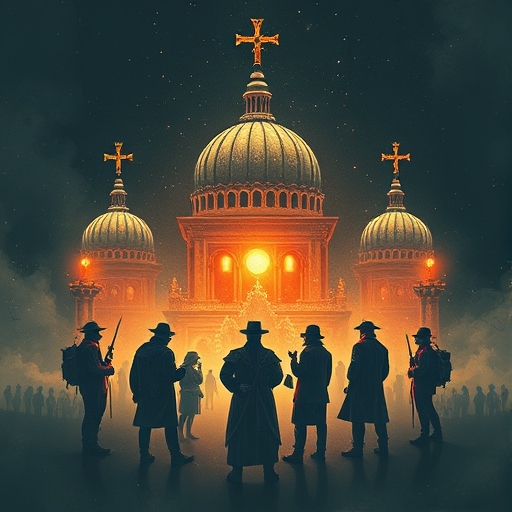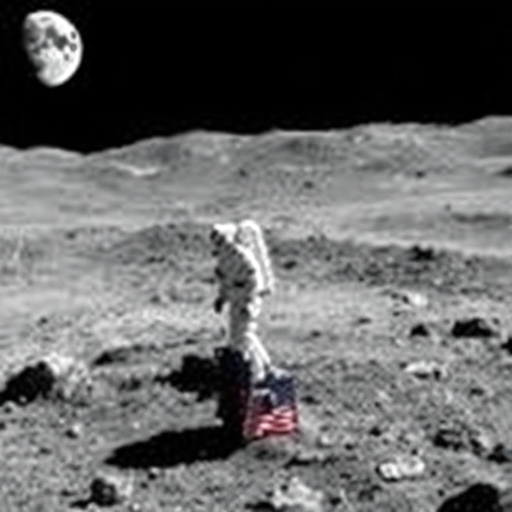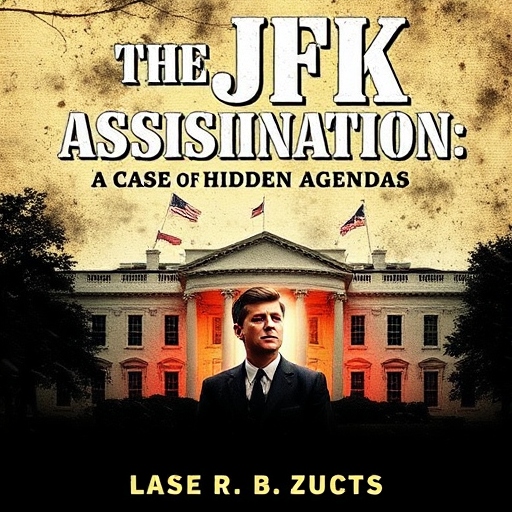
Conspiracy Theories in Humanity has always been captivated by the mysterious, the unexplained, and the hidden forces that seem to shape history and influence the world. From hidden agendas behind significant events to government cover-ups, some beliefs gain traction due to a mix of curiosity, skepticism, and sometimes circumstantial evidence. Here, we explore seven of the most popular and contentious beliefs, offering insights into their origins, their impact, and the debates surrounding them.
1. The Moon Landing Hoax: Did We Really Land on the Moon?
The Apollo 11 moon landing in 1969 was a monumental achievement for humanity, but some skeptics argue that it was an elaborate hoax staged by the U.S. government. This belief suggests that the moon landing was faked to showcase U.S.
Claims of Deception
- Photographic Inconsistencies: Critics point to perceived anomalies in shadows, lighting, and the behavior of the American flag in official NASA images and videos.
- Technological Limitations: Some argue that the technology available in the 1960s was insufficient to land humans on the moon, suggesting a staged production instead.
- Mistrust of Authority: Historical examples of deception, such as Vietnam War justifications, fuel skepticism about official accounts.

Scientific Evidence
Experts have thoroughly debunked these claims. Factors like the physics of light on the moon and explanations for the flag’s movement (caused by inertia) have clarified doubts. Despite this, mistrust in official narratives keeps this belief alive.
2. The JFK Assassination: A Case of Hidden Agendas?
The 1963 assassination of President John F. Kennedy remains one of the most enduring unsolved mysteries of the 20th century. While the Warren Commission concluded that Lee Harvey Oswald acted alone, many believe that the truth involves secret plots and concealed motives.
Popular Theories
- Second Shooter: Witness accounts and forensic analyses suggest the possibility of additional gunmen.
- Government Cover-Up: Some theories implicate intelligence agencies, alleging that Kennedy’s policies on Vietnam or the Cold War posed a threat to entrenched power structures.
- Mafia Involvement: Organized crime syndicates may have sought retaliation against the Kennedy administration’s crackdown on their activities.

Why It Persists
Despite numerous investigations, unanswered questions about motives, evidence, and inconsistencies in the official story have perpetuated this mystery, symbolizing distrust in authority.
3. The Existence of Atlantis: Myth or Reality?
The story of Atlantis, a lost civilization described by the philosopher Plato, has fascinated historians, archaeologists, and explorers for centuries. While some consider Atlantis a myth, others propose that it was a real, advanced society destroyed by a cataclysmic event.
Theories Surrounding Atlantis
- Possible Locations: Speculations include the Mediterranean, the Caribbean, and Antarctica, with each supported by geological or historical evidence of massive floods or earthquakes.
- Technological Superiority: Proponents of alternative history argue that Atlantis possessed knowledge and technology far ahead of its time, influencing later civilizations.
- Symbol of Human Hubris: Plato’s narrative of Atlantis falling due to moral decay serves as a cautionary tale rather than a historical account, according to mainstream scholars.
The absence of definitive evidence keeps Atlantis firmly in the realm of myth, though ongoing explorations continue to fuel interest.
4. Roswell and UFOs: What Are Governments Hiding?
The Roswell incident of 1947 in New Mexico remains one of the most infamous alleged government cover-ups involving extraterrestrial life. The U.S. government initially described the crash as a “flying disc” but later retracted the statement, attributing it to a weather balloon.
Why It’s Controversial
- Eyewitness Accounts: Reports from locals and military personnel describe unusual materials and secretive behavior around the crash site.
- Classified Projects: Later revelations linked the incident to a top-secret U.S. Air Force project (Project Mogul), aimed at detecting Soviet nuclear tests.
- Continued Secrecy: Ongoing reluctance to disclose UFO-related information fuels speculation about hidden encounters with extraterrestrial beings.
Recent government disclosures about unidentified aerial phenomena have reignited debates about what might still be concealed.
5. Secret Societies and Global Influence
Secret societies have long been linked to theories about hidden agendas and control over global events. Groups like the Freemasons, the Bilderberg Group, and others are often accused of orchestrating political and economic shifts from behind closed doors.

Alleged Goals
- Global Control: These groups are said to operate as elite networks manipulating governments, economies, and public perception.
- Rituals and Exclusivity: Secretive practices and limited memberships fuel their mysterious reputation.
- Historical Influence: Some theories credit these groups with major historical events, from revolutions to economic crises.
Reality or Myth?
While some organizations, like the Freemasons, are real and have verifiable histories, their influence on modern geopolitics is often exaggerated. However, the allure of secrecy keeps the narratives alive.
6. The Flat Earth Theory: A Rejection of Science
Despite centuries of scientific evidence, some individuals believe the Earth is flat and that mainstream science is part of a secret plot to deceive the public.
Core Beliefs
- Fake Space Programs: Flat Earth proponents claim space agencies fabricate images and data to perpetuate the “round Earth” lie.
- Biblical Justifications: Some adherents base their beliefs on religious interpretations.
- Global Conspiracy: They argue that governments and scientific organizations collaborate to maintain control over the public through deception.
Social Implications
This theory highlights broader mistrust in institutions and a rise in anti-establishment sentiment. Despite its lack of scientific backing, its popularity on social media demonstrates the power of online echo chambers.
7. The Lost Tomb of Jesus: A Challenge to Tradition
In 1980, the discovery of a tomb in Jerusalem sparked controversy when researchers suggested it could belong to Jesus and his family. If true, this claim would challenge fundamental aspects of Christian theology, including the resurrection.
Key Evidence
- Inscribed Ossuaries: Names on the bone boxes match those of Jesus and his family members, according to researchers.
- Statistical Arguments: Some proponents argue that the likelihood of these names appearing together is extremely low.
The Controversy
Religious scholars largely dismiss the claims, pointing to commonality in the names and lack of definitive proof. The debate underscores tensions between archaeology and religious doctrine, fueling interest in unsolved mysteries of faith and history.
The Enduring Fascination with Controversial Beliefs
These popular and contentious beliefs reveal humanity’s relentless curiosity and skepticism about the world. Whether rooted in hidden agendas, alternative history, or government cover-ups, they challenge conventional narratives and spark debate across generations.
Why They Matter
- Encouraging Inquiry: Such beliefs push individuals to question the status quo and seek deeper understanding.
- Reflection of Distrust: They highlight widespread skepticism toward authority and institutional transparency.
- Cultural Impact: These stories influence literature, film, and public discourse, shaping how societies view power and truth.
While many of these beliefs lack concrete evidence, their persistence reminds us of the power of mystery and the human desire to uncover hidden truths.
If you want to read more : CLICH HERE
